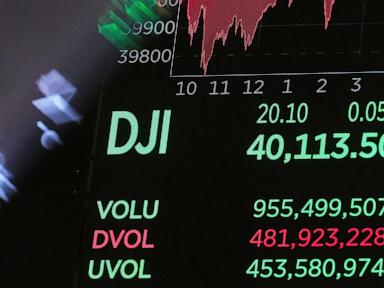Now Reading: How to avoid credit card late fees after a court threw out a proposed cap
-
01
How to avoid credit card late fees after a court threw out a proposed cap
How to avoid credit card late fees after a court threw out a proposed cap

In Texas, a judge recently rejected a federal regulation that aimed to limit credit card late fees at $8. The rule, proposed by the Consumer Finance Protection Bureau under the Biden administration, was intended to eliminate what was perceived as unjust fees but was halted by the courts before implementation.
The CFPB estimated that American households could have saved over $10 billion annually in late fees if the maximum fee had been set at $8, which is significantly lower than the current average of $32. Banks and industry associations contended that the rule would restrict their ability to charge fees high enough to deter late payments and prevent repeat violations.
Following the judge’s ruling in Texas, major industry groups and the CFPB, during the Trump administration, announced an agreement to nullify the rule. The average late fee for major credit card issuers has been steadily increasing, reaching $32 in 2022 from $23 in 2010, according to the CFPB. WalletHub reported that the average late fee in 2025 was $30.50, with a maximum of $41.
Research shows that a significant portion of American adults, particularly those with lower incomes and from communities of color, incur credit card late fees. Implementing auto-pay for credit cards can help avoid late payments, and some cards do not charge late fees at all. Additionally, negotiating late fees with credit card companies or enrolling in hardship programs during difficult times can provide relief.
The ruling to eliminate the cap on late fees was welcomed by industry groups, citing concerns that the rule would lead to higher interest rates and reduced credit access for consumers. The CFPB stated that banks generate approximately $14 billion annually from credit card late fees.
Horacio Méndez, president of Woodstock Institute, criticized the judge’s decision, arguing that the rule aimed to curb excessive late fees that burdened financially vulnerable families. He emphasized the need for fair fees that are not punitive but still effective in encouraging responsible financial management.






